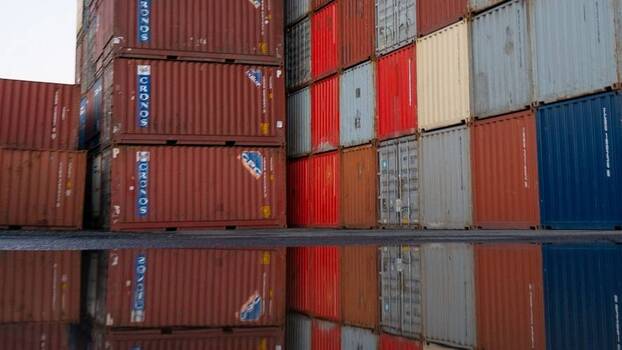Undoubtedly, 2023 will be a year remembered in Ecuador for one of its biggest political crises of the century. In the midst of the debates on the future of President Guillermo Lasso, in a context of an impeachment trial in the National Assembly, it very much appears that a historically significant issue for the country is going completely unnoticed: on 10 May, the free-trade agreement between China and Ecuador was signed. If it goes into effect, Ecuador will become the twenty-fifth country in the world and the fourth in the region to sign an FTA with China.
Latinoamérica Sustentable is a non-governmental organization based in Ecuador that works for the protection of the environment and local communities in the context of Chinese investments in Latin America and the Caribbean.
Translation by Heather Hayes.
Beyond the widely known economic impacts of this type of agreement, which include trade dependency, reprimarization, and deindustrialization, this policy paper proposes to discuss the social and environmental impacts of signing a trade agreement with the “largest factory in the world”. So far, China has signed three FTAs in the region, with Chile, Peru, and Costa Rica, and these cases provide lessons and insights into the possible effects of the pact in a commodity-exporting country like Ecuador.
Challenges of the Free Trade Agreement between Ecuador and China, a policy paper from Latinoamérica Sustentable sponsored by the Rosa Luxemburg Foundation’s Quito Office, is divided into three parts. The first presents a brief context of the trade relationship between China and Latin America, as well as the main bilateral agreements signed with the countries of the region and the level of strategic relationship. The second section discusses the negotiation process and the current status of the FTA between China and Ecuador, characterized by inexplicable haste, secrecy, and lack of transparency. The third part presents the main socio-environmental concerns and challenges that this agreement would entail, namely the deepening of extractivism, prioritization of legal security for international companies at the expense of the rights of communities and the environment, threats to food sovereignty, among others, and ends with some recommendations for civil society.
